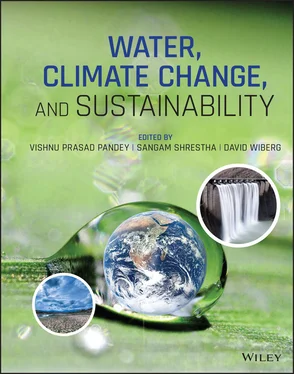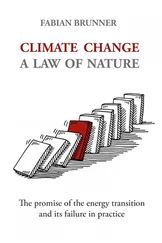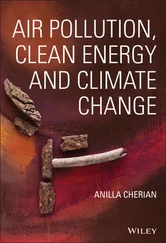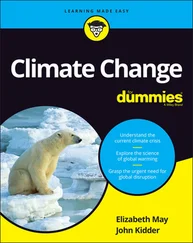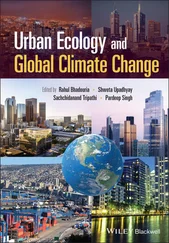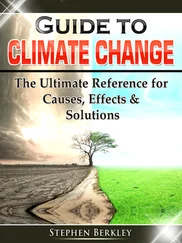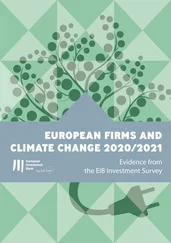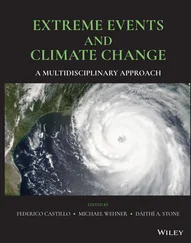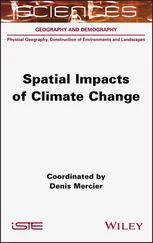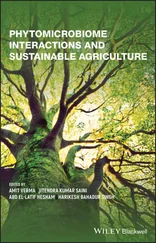Source: Modified from UN‐Water (2019b).
| Interlinkages |
Facts underlying challenges to sustainable development |
| Climate change |
More than 2 billion people live in countries experiencing high water stress. By 2030, water scarcity in some arid and semi‐arid places will displace between 24 million and 700 million people due to climate change. |
| Disaster |
About 90% of all natural disasters are water‐related. Over the period 1995–2015, floods affected 2.3 billion people, killing 157,000 and causing US$662 billion in damage |
| Ecosystem |
Ecosystems across the world, particularly wetlands, are in decline in terms of the services they provide |
| Energy |
Roughly 75% of all industrial water withdrawals are used for energy production, while 90% of global power generation is water‐intensive. |
| Food |
Agriculture (including irrigation, livestock and aquaculture) is by far the largest water consumer, accounting for 69% of annual water withdrawals globally. |
| Education |
Lack of water, sanitation and hygiene (WASH) at home and school directly impact education due to multitude of factors such as inability to attend school due to time lost for fetching water or sickness from water borne disease and school dropout of girls |
| Gender |
Women and girls are responsible for water collection in 8 out of 10 households with water off premises. |
| Health |
Some 297 000 children under five who die annually from diarrheal diseases due to poor WASH. About 44 million pregnant women have sanitation‐related hookworm infections. Loss of productivity to water‐ and sanitation‐related diseases costs many countries up to 5% of gross domestic product (GDP). |
| Human right |
Lack of access to safe, sufficient and affordable WASH facilities has a devastating effect on the health, dignity, prosperity, and for the realization of other human rights of billions of people. |
| Urbanization |
In 2017, more than half of the global population live in towns and cities. By 2050, that proportion is expected to rise to two‐thirds. Filling a resource and infrastructure gap for supplying water, sewer and wastewater management facilities is challenging for creating sustainable cities. |
Water management on both local and regional levels has undergone a series of historical transformation in the form of invention and widespread use of irrigation and drainage methods, water‐lifting devices, long‐distance water transport technologies, and storage facilities (Hassan 2011). From the start of early artificial irrigation in Egypt some 7000 years ago, water use and management has stepped‐up through different ages such as “water‐lifting technology (400 to 2200 years ago)”, “water industry”, “water science and modernity”, and “water management (from the middle of the 20th century onwards)” (Hassan 2011). After the start of modern industrialization in the 1800s, world population increased rapidly, urbanization started to take momentum, and a new set of services to cater for the changing world created a new demand for water in addition to allocation for agriculture. With the increasing use of water for various uses, the international scientific community together with governments realized water resources as one of the primary limiting factors for harmonious socio–economic developments in many regions of the world (Makarigakis and Jimenez‐Cisneros 2019). Realizing the need of internationally coordinated cooperation mechanisms to solve the water problems, 1965‐1974 was declared as the International Hydrological Decade (IHD), which gave birth of UNESCO’s International Hydrological Program (IHP) in 1971 to focus on research and capacity building in hydrological sciences in true sense.
The role of water in the overall development process became increasingly evident from the 1970s after the occurrence of several droughts and floods in many parts of the world during the early 1970s contributed to a major food crisis. As a result, at the World Food Conference held in Rome in 1974, water resources management emerged as a key for furthering horizontal expansion of agriculture as well as increasing productivity from existing cultivated lands (Biswas 1983). In subsequent years, in addition to agriculture, water also started to contribute as a source of energy with the development of hydropower being increasingly considered as a viable source of additional energy in the context of steady increase fossil fuels price. Water also got attention in industrial sector after the Lima Declaration of the United Nations Industrial Development Organization in 1977 recommended to have 25% of global industrial production in developing countries by the year 2000, which implied the need for more water for further industrial development. Works of the United National Environmental Programme (UNEP) and others around the same time further highlighted pollution of water bodies (i.e. inland, coastal, and the oceans), which helped to attract international concerns on the need to focus on water management in a holistic way. In these contexts, UN Water Conference held Mar del Plata, Argentina in 1977 approved the Mar del Plata Action Plan , which was the first internationally coordinated approach to IWRM. It outlined various aspects related to assessment, use, and the management of water resources ( Table 1.1). The conference considered water management on a holistic and comprehensive basis, an approach recognized as one of the key IWRM issues in the 1960s. The conference was a major milestone in the history of water resources development for the 20th century. In 1980, the UN General Assembly declared 1981‐1990 as the International Drinking Water and Sanitation Decade to enhance access to those who are unreached.
After a decade, in 1992, UN International Conference on Water and the Environment was organized in Dublin and the Conference on Environment and Development (i.e. “The Earth Summit”) in Rio de Janerio, Brazil. The Earth Summit in the presence of around 100 heads of state addressed the urgent problems of water, the environment, and socio‐economic development by signing the Convention on Climate Change, the Convention on Biological Diversity, and endorsing the Rio Declaration by adopting “Agenda 21”, a plan for achieving sustainable development in the 20th century. The Section‐2 on the Chapter 18 of the “Agenda 21” mentions about IWRM. Furthermore, in response to increasing concern from the global community about world water issues, the World Water Council (WWC) was established in 1996 by renowned water specialists and international organizations.
The “age of water management” is in a sense about the management of differences in scale (community, region, nation, transboundary, and global), differences among uses (domestic, agriculture, industry, and ecosystems), and differences that have risen because of lack of harmonization among experts drawn from different disciplines to resolve water issues (Hassan 2011). Various contrasting paradigms have emerged over that time in the use and management of water, as depicted in Figure 1.1, each having their own methodology, technology, and reasoning. Further to Hassan (2011)’s illustration of paradigms, sustainability paradigm is in place since 2015 and global financial system has been further expanded to “globalized system” with aid of further dimensions. Furthermore, water has raised its profile as a key political and governance agenda over the years. Though hydro‐politics was in place since quite some time, primarily among the riparian countries of the shared aquifers and watershed, with increasing import/export of water with trade in the form of “virtual water” (Alan, 1998) by keeping the footprint of commodity somewhere else (Chapagain and Hoekstra 2004; Hoekstra and Chapagain 2007), it has become more clearly visible in recent time expanding its scope from riparian countries to across the globe. Major changes in water governance is underway since the 1990s. Water has been a key component of UN as well, and UN‐Water publishes a global report titled “The United Nations World Water Development Report (WWDR)” every year, through coordinated efforts of 26 UN agencies, providing an authoritative, comprehensive assessment of the world’s freshwater resources.
Читать дальше
